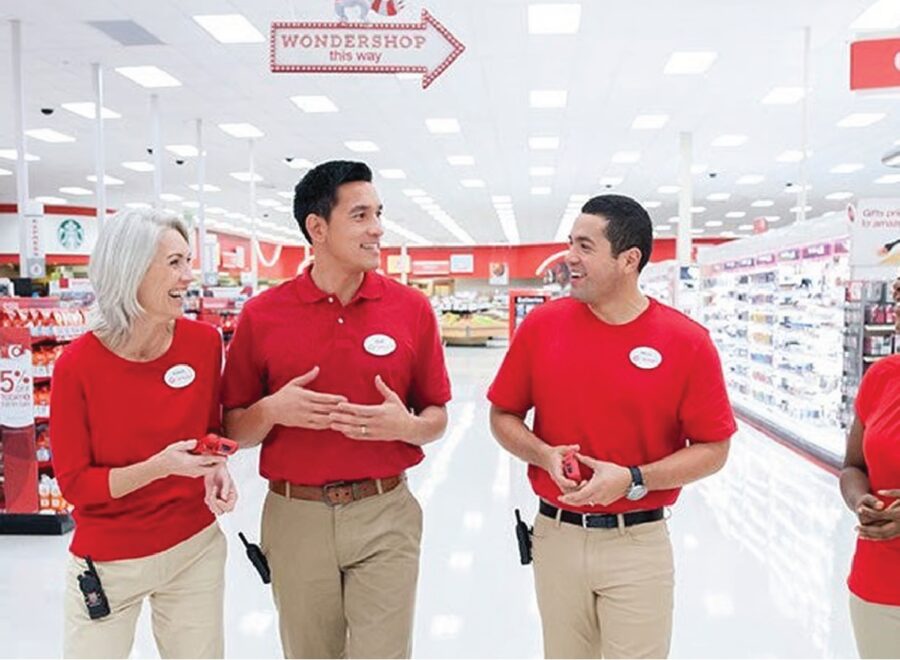Companies are finding it harder to connect with customers in ways that matter, as seen in nostalgia-heavy Super Bowl 2024 commercials. And the usual growth strategies aren’t fixing the problem. In Forbes, Dev Patnaik advises brands on how to stay future-focused and resonate with a new generation of shoppers.
Last week’s Super Bowl ads were a trip down memory lane. Pfizer took us on a sepia-tinged trip through the history of science. Budweiser portrayed a beer delivery the “old school way” by horse and cart through a snowstorm. And Disney evoked the last 100 years of stories with every memorable catchphrase it could muster. Even independent presidential candidate Robert F. Kennedy Jr. made a ham-fisted attempt to conjure up his uncle.
But through all of those memories, what seemed to be missing was a big idea that’s relevant for today. This year’s ads had no Apple “1984” vision. No Dodge “God Made a Farmer” message. No Coca-Cola moment about teaching the world to sing.
Nostalgia makes us feel good. It reminds us of why we love a company. And it can save a whole lot of money on celebrity endorsements. The danger is that nostalgia can be a symptom of declining relevance. Companies that try to remind you of an older time when you loved them are often tacitly acknowledging that things aren’t going so well for them at the moment.
And make no mistake. Things aren’t going so well at the moment.
Many companies are finding it harder to connect with their customers in a way that matters. And that’s putting pressure on growth. The pandemic years of double-digit sales gains have given way to tepid results and forecasts. And the usual growth tools that execs reach for aren’t fixing the problem. Price cuts, discounts and loyalty programs may still work, but they’re producing only marginal gains—not the big, sustained leaps forward that brands need and investors expect.
The old playbooks are falling short because we’re living through a profound generational shift in customer behavior. Led by Generation Z, consumers are prioritizing experiences and searching for meaning instead of buying more stuff. They’re not just buying things; they’re buying into things.
This shift in attitudes and behaviors has deep implications for how companies grow. Brands need to give people something to buy into. That means having an authentic, compelling narrative that explains their reason for existing beyond making money. One that comes through not just in marketing, but also in their product design, who they decide to hire and where they decide to invest.
As Harvard Business School professor Theodore Levitt famously observed back in the 1960s, people don’t want to buy a quarter-inch drill bit. They want a quarter-inch hole. To take it a step further, drill bit buyers don’t want a hole, they want to mount a picture or a shelf. They’re interested in the bigger picture. Yet many companies either never had a strong narrative or have lost it somewhere along the way. Some companies are stuck in the quarter-inch drill bit stage—they’re fighting at the level of product features or relative price. This includes upstarts like Temu, whose Super Bowl ad presented the not-so-novel idea that we could buy things online for cheaper.
Other companies may have just outgrown the narratives that once served them well. For years, Apple thrived on a “Think Different” ethos that spoke to its rebel status. That worked when the company was fighting the default standard of Windows OS. But today Apple is the status quo. You can’t say “Here’s to the Crazy Ones” when the odd man out on your group message thread is the Android user who makes your texts green. Without a big idea that’s relevant, Apple has retreated into pitching a sharper camera or titanium case … essentially, they’re marketing drill bits.
Some companies lose their way when customers’ mindsets evolve. Levi’s is a case in point. The company made jeans the standard garb for people around the world. But Levi’s means more than denim. When a teenager in Berlin or Bangalore buys a pair of Levi’s, they’re not just buying jeans. They’re buying into America. Into freedom. Into opportunity. Into progress. But that idea no longer works in Levi’s domestic market. We’re living in a time when you can’t sell America to Americans.
Oops! We could not locate your form.
When I tell my Bay Area progressive teenagers about how much I love our country, they remind me that America has a history of structural inequality and racism. Sigh. That’s deeply disappointing to me. And it’s a strategic challenge for Levi’s. Until the company can find a way to rediscover its relevance to American teenagers, it’ll be stuck competing on the price of denim … selling drill bits.
And B2B companies aren’t immune from this shift in customer behavior. Salesforce built its business on convincing enterprise clients to move their operations to the cloud. Their company logo even features a picture of a cloud. But what do you do when everyone has already moved their systems off-premises? You need another big idea. Not just a new ad spot or marketing proposition. You need a reason for being.
And that’s when nostalgia comes in. As companies lose their narrative plot, it’s tempting to retreat to thinking about the good old days—cue a Levi’s ad last year that depicted a funeral where an old-timer lay in a coffin in his beloved jeans surrounded by his 501-clad friends and family. Funerals are no way to connect with young people. And resurrecting the past is no way to be future-focused. Levi’s needs to discover how ideas like freedom, opportunity and progress show up for today’s young people. It needs to rediscover America. We as a country probably need to do the same.
Recapturing that central idea is about more than marketing. It encompasses the kind of products you make, the customer segments you focus on and the employees you hire. Look at Patagonia—a company that’s crystal clear about what it stands for, what it makes, and who should be working there. If you’re not passionate about saving the planet, Patagonia probably isn’t the place for you.
Of course, it can be incredibly difficult to rediscover and renew the core ideas that underpin a business. But the alternative to creating a future is to get stuck in the past.
This article appeared in Forbes on February 18, 2024.

 Dev Patnaik
Dev Patnaik



